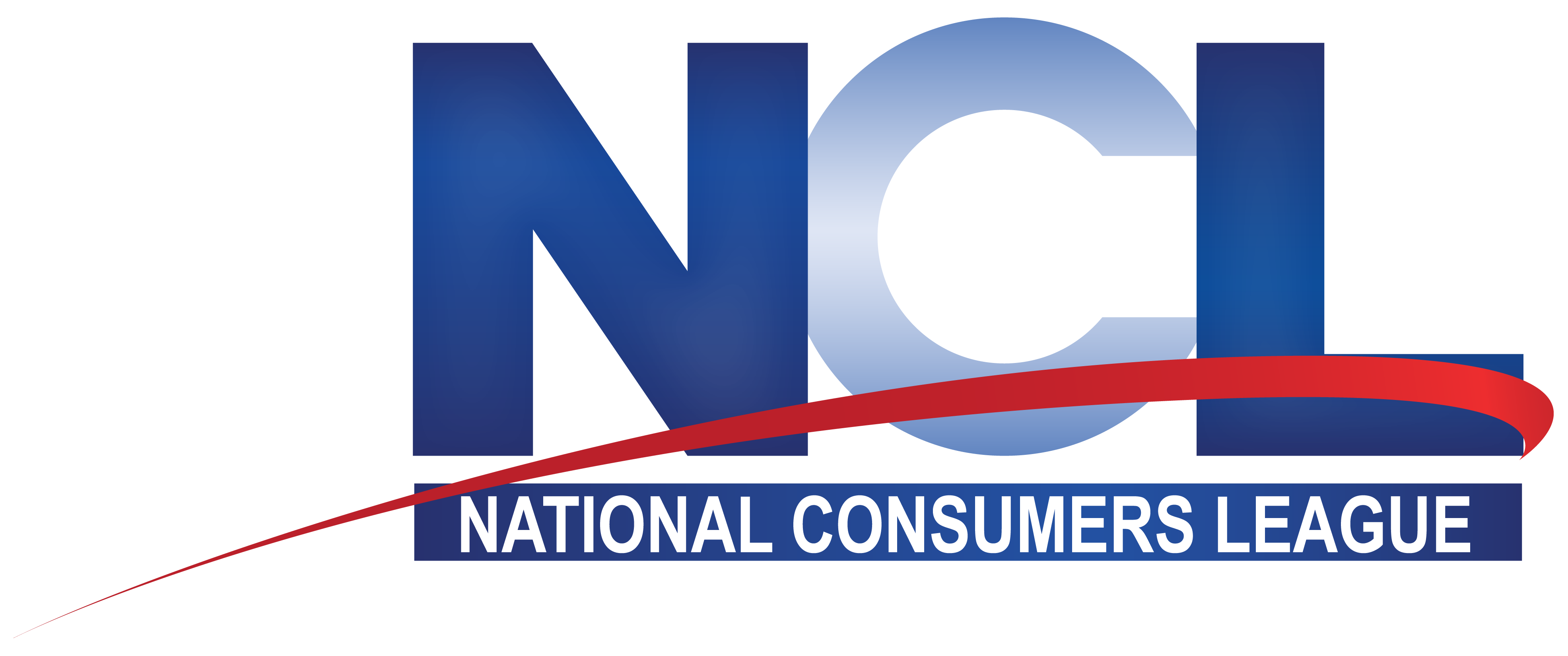Be wary of quick cash for “ugly” houses
Streets across the country are littered with “we buy ugly houses” and similarly phrased signs. While many of these ads are not false—consumers can get quick cash for an unsightly abode— there are many reports of the companies behind the signs using deceptive and predatory tactics to take advantage of vulnerable homeowners. From significantly undervaluing a seller’s house to outright lying to homeowners, bad actors have taken advantage of many consumers who are in a pinch.
Predatory businesses in this space look to target individuals in difficult situations. These may be people who need cash quickly, who may be dealing with a death of a loved one, or who are experiencing cognitive issues. While buyers typically offer money up front, sometimes thousands of dollars, it comes with a catch. They may significantly undervalue the home, tack on junk fees, or trap the consumer in complicated contracts that make it difficult for the homeowner to back out. A ProPublica report investigating these purchases found numerous instances of buyers targeting older Americans with unfair and deceptive tactics. The report highlights an 82-year-old homeowner with dementia who lost 1/3 of the value of her house in such a deal.
While entities touting their ability to offer cash for your “ugly house” are major proponents of these tactics, there are other unscrupulous businesses in this space to watch out for as well. Some of those offering reverse mortgages target similarly vulnerable homeowners with pitches that disguise the true cost (and net loss) of the proposition. Additionally, both buyers and financers have been documented lying to individuals to secure a deal. In one instance, they had falsely claimed that the victim was going to lose their home through legal action if they did not sell. Other individuals were deceived about how long they could remain in their home after they completed the sale.
Beyond unfair contracts, there are more traditional scammers—those seeking your money for nothing in return. One consumer from California reported to Fraud.org that when they were at risk of losing their home, they were approached by a mortgage servicing company offering a solution. However, over a year later, the homeowner lost $19,000 to the fraudsters and still ended up in foreclosure.
If there is an opportunity to sell or refinance your home, keep the following tips in mind:
- Know the value of your home. Home value estimates and the price of recently sold homes in your neighborhood can be found online, often via free-to-use websites. Knowing the prices of properties comparable to your own house can help you better recognize if someone is taking advantage of you.
- Get multiple quotes. If possible, try to get multiple offers from different businesses for the service you are seeking.
- Review everything in writing. Especially scrutinize any fees, interest rates, future obligations, or cancellation mechanisms.
- Seek an outside opinion. Run the offer by a trusted advisor. The U.S. Department of Housing and Urban Development has a directory of housing counselors. Note that while some services are free, such as those for foreclosure prevention, homeless counseling, and individuals who cannot afford a fee, HUD-sponsored counselors are permitted to charge reasonable fees for other services.
- Search for reviews or warnings about the business or person pushing the offer. An online search of the company or individual’s name alongside “fraud,” “scam,” or “reviews” may produce warnings from other consumers, law enforcement, or watchdog groups. The Better Business Bureau may also be a resource for checking out companies looking to buy your home.
- Pressure tactics are a red flag. If someone is prompting you to act quickly, often with a time-sensitive offer, think twice before accepting their proposal.
- Be wary of unsolicited offers. Many bad actors in the housing space seek out individuals they believe to be vulnerable targets for their predatory tactics.
If you or someone you know has been targeted by predatory home-buying services, we urge you to report it via Fraud.org’s secure online complaint form. Complaints are shared with Fraud.org’s network of consumer protection and law enforcement partners who use complaints to identify trends and build cases.












